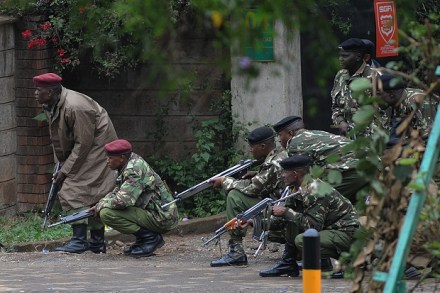No, Mr Cameron. The Kenyan massacre is all about Islamism
Here we go again. A group of Islamist terrorists armed with guns and grenades head into a shopping mall in Kenya. They separate out the Muslims from the non-Muslims, let the former go free and massacre the latter. Cue the usual responses. The British Prime Minister, David Cameron, says: ‘These appalling terrorist attacks that take place where the perpetrators claim they do it in the name of a religion – they don’t. They do it in the name of terror, violence and extremism and their warped view of the world. They don’t represent Islam or Muslims in Britain or anywhere else in the world.’ I don’t think any sensible person would argue



